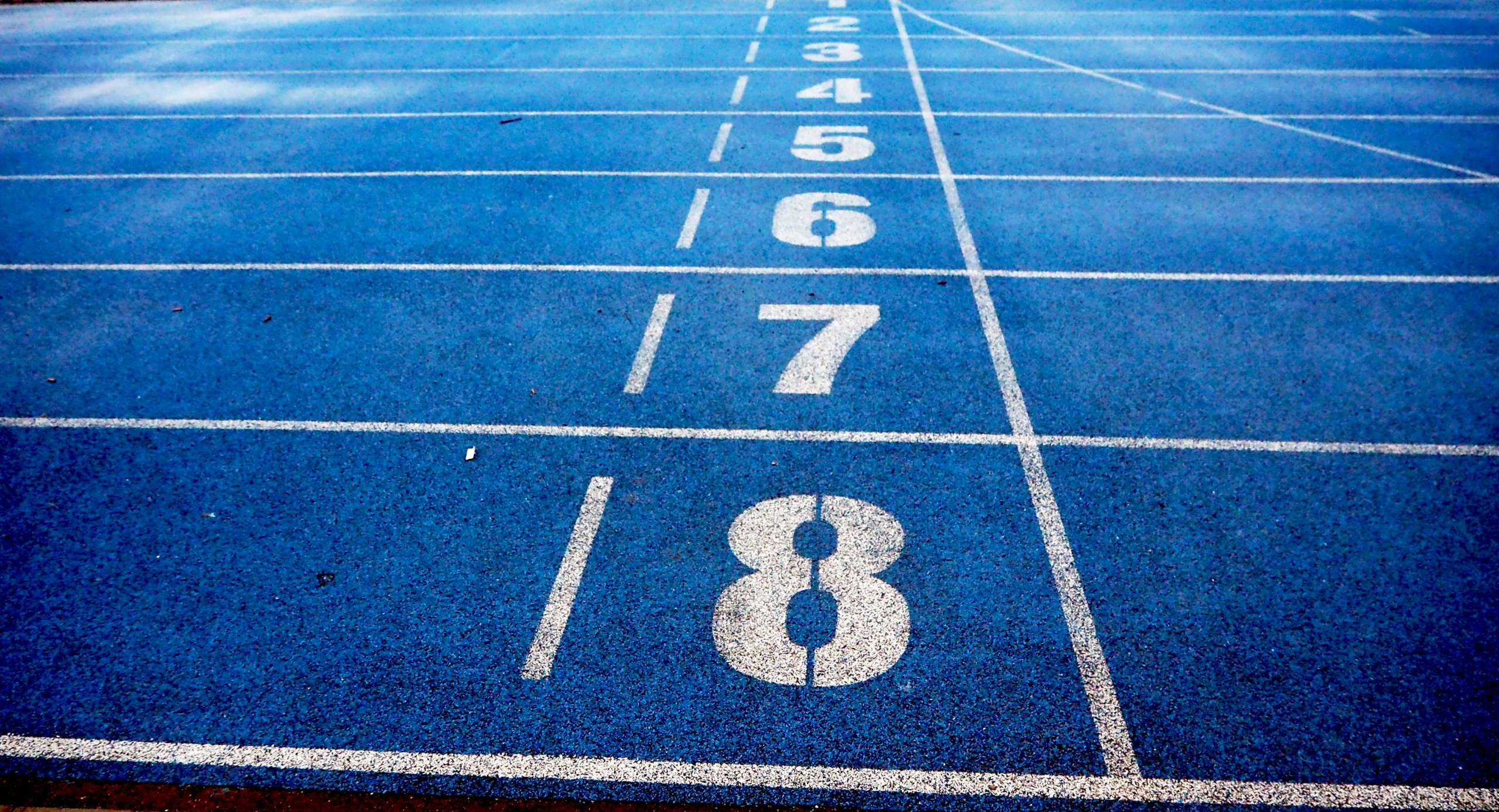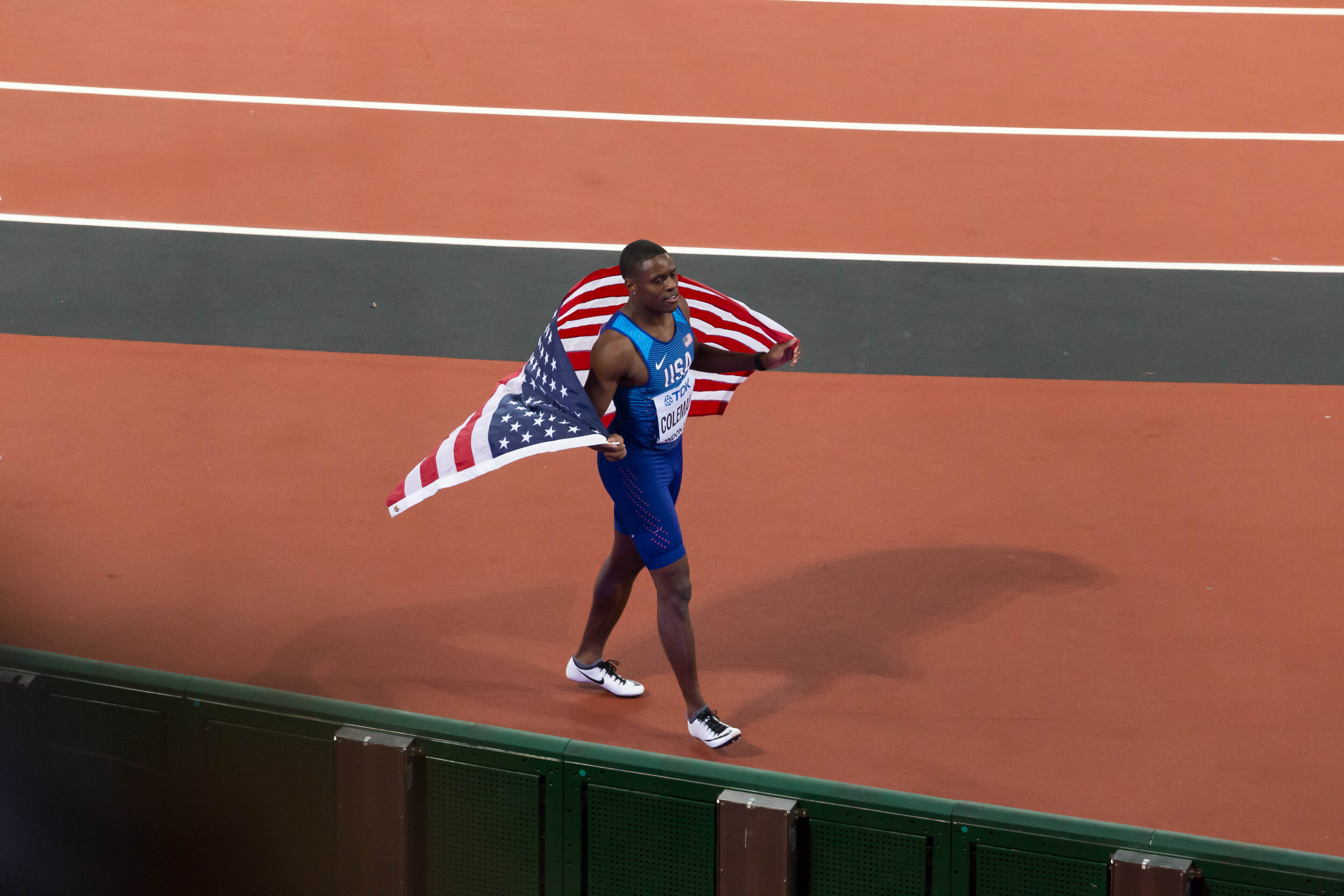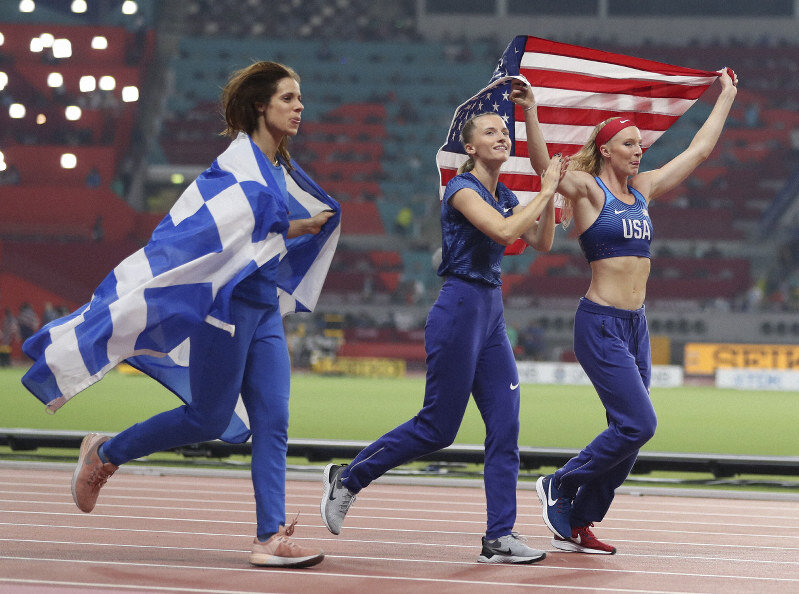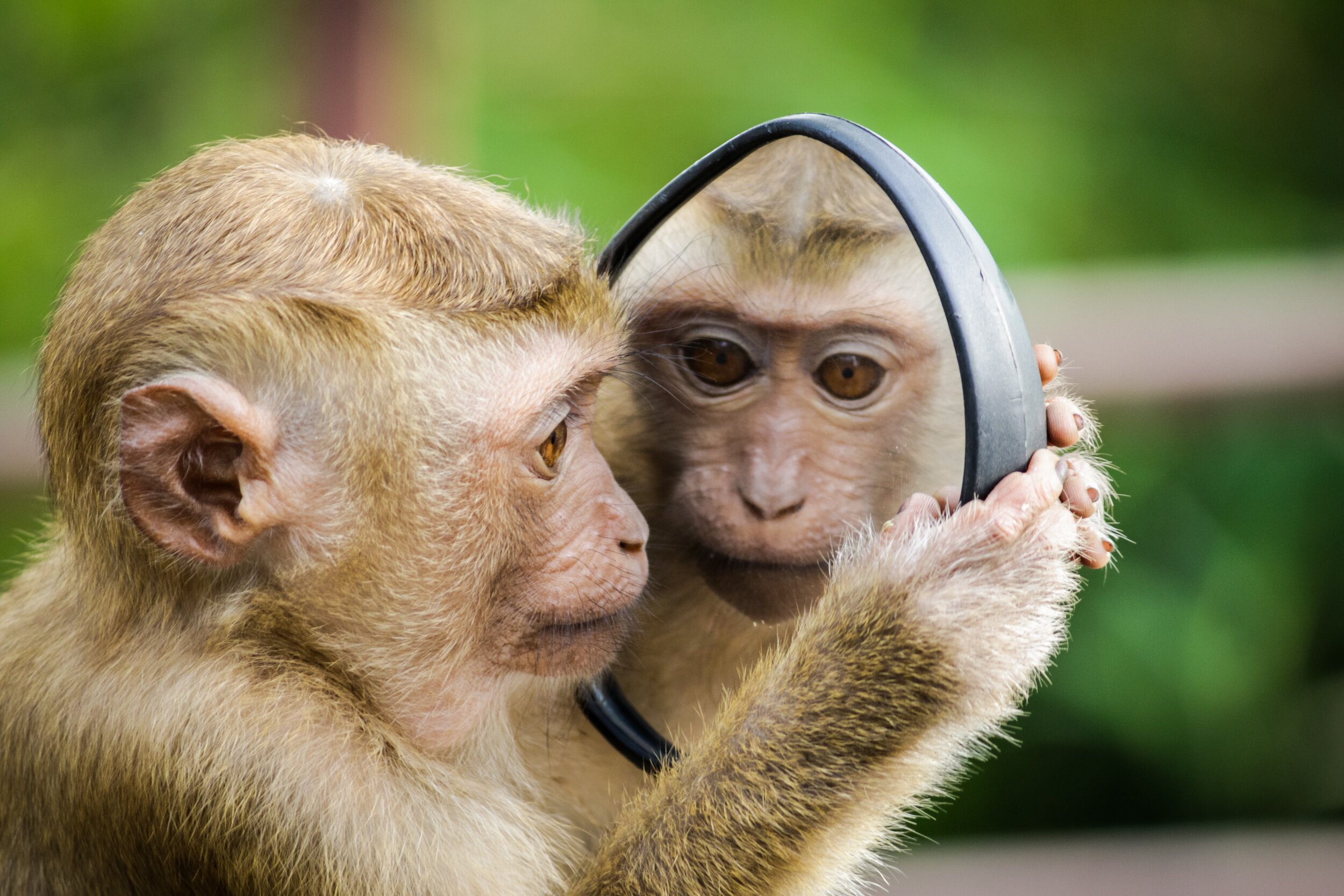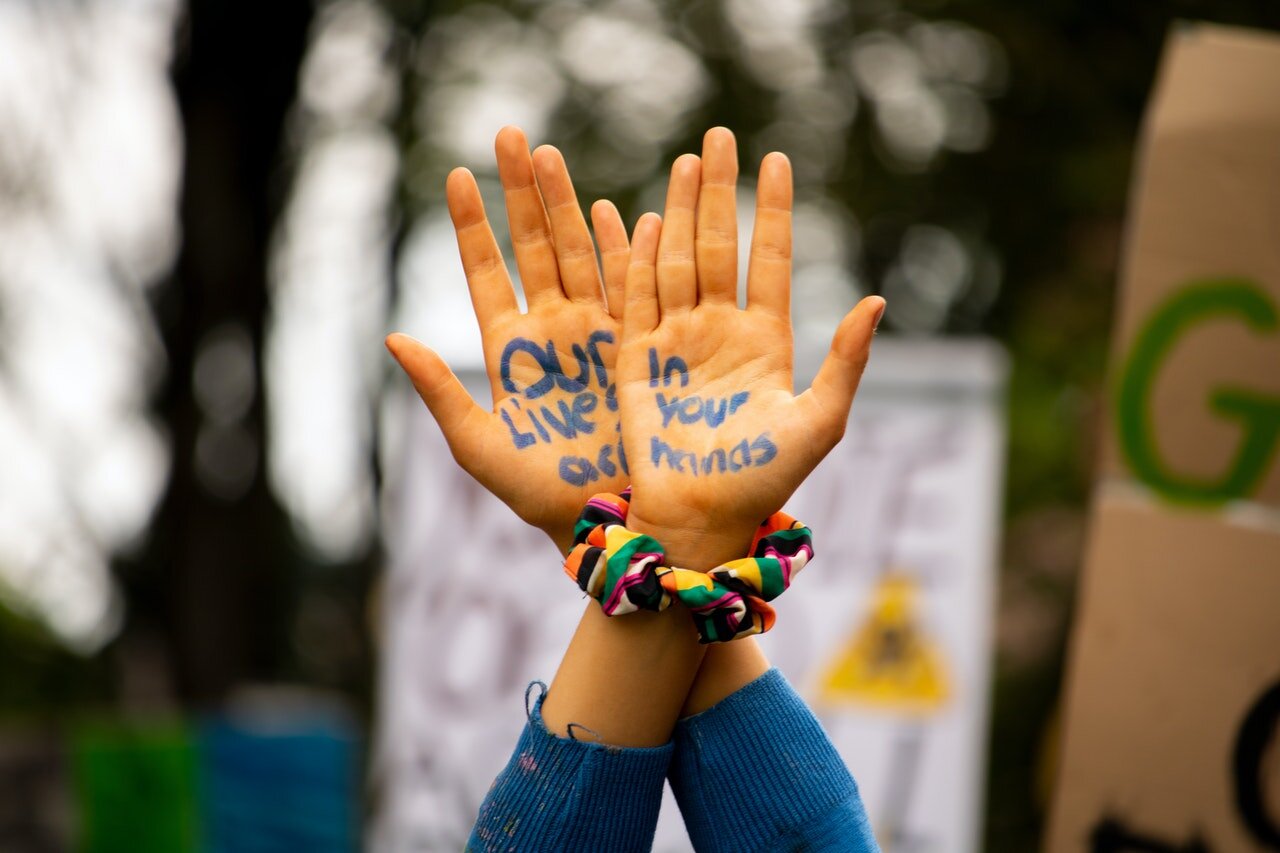Share This Article
Nobody likes a cheater.
Growing up, we are taught the difference between right and wrong. We learn that good behaviours should be rewarded and that bad ones should be punished. We learn that it is wrong to cheat. Although we may start out with such moral codes engrained in our childhoods, not everyone lives their lives as such. When unable to achieve their desired results through merit or hard work, some may resort to other methods … introducing doping.
“To administer drugs in order to inhibit or enhance sporting performance”
– Oxford Dictionary
The IAAF World Championships in Doha recently concluded. It was a spectacular ten days of athletic performances, but I want to talk about the doping conversations that surrounded this event.
Christian Coleman. The fastest man in the world this year was unsure if he would even be able to compete at these Championships, as he faced a two year ban for allegedly missing three drug tests across a 12 month period. Athletes are required by the World Anti Doping Agency (WADA) to report their whereabouts every day in case they need to be tested, with three missed tests over 12 months being the equivalent of a failed test.[1] Just weeks before Doha, the case against Coleman was withdrawn on a technicality and he was allowed to compete.
And compete he did! Winning his first major title, Coleman ran an astounding 9.76 seconds, the 6th fastest time ever, establishing himself amongst the likes of Usain Bolt and Yohan Blake. I don’t believe Coleman is guilty of doping and he certainly doesn’t think he is, stating, “I don’t take drugs, I don’t even take anything legal.”[2] He has also explained, “I’m tested 30-40 times a year. It’s a crazy amount of times. I’m a human being. I forget sometimes.”[3] One thing I am sure of is that he will definitely be more careful in reporting his whereabouts to the Anti Doping Agencies in the future.
Alberto Salazar. The renowned distance expert and head coach of the Nike Oregon Project (NOP) has just been handed a four year ban for facilitating doping violations.[4] After a lengthy investigation, he was found responsible for “orchestrating and facilitating prohibited drug conduct” by the US Anti Doping Agency (USADA), stopping his coaching world championships campaign in its tracks.
Despite the fact that no NOP athletes have tested positive for doping and Salazar’s denial of these allegations, many of his athletes and former colleagues have come forward with evidence.[5] Kara Goucher, a distance runner, for example described him as a “win-at-all-costs person”, which is “hurting the sport.”[6] This is not the right attitude with which to approach athletics. Mo Farah, who Salazar coached to multiple Olympic gold medals and world titles, left the NOP in 2017 and in response to the news of Salazar’s ban stated, “I’m relieved that USADA has, after four years, completed their investigation into Alberto Salazar… I’ve always said, I have no tolerance for anyone who breaks the rules or crosses a line.”[4]
Russia. Back in 2015, the Russian sport ministry was found guilty by WADA of systematic doping cover ups in Russia’s Anti Doping Agency (RUSADA)’s Moscow laboratory.[7] Following these allegations, the IAAF banned Russian track and field athletes from competing due to Russia’s failure to overcome its “deep-rooted culture of doping.”[8] This ban is still in place, only allowing Russian athletes who have proven themselves as clean to compete as Authorised Neutral Athletes (ANA’s) under a neutral flag.
One such athlete, Anzhelika Sidorova, is the newly crowned women’s pole vault champion in Doha. Competing as an ANA, in a plain uniform, the Russian athlete completed her victory lap flagless alongside the other placegetters. When receiving her gold medal, an IAAF song replaced the Russian national anthem.[9] Sandi Morris, the second place getter was supportive of Sidorova, saying “If I were her, I would have done the same thing. Go out there and fight to compete, regardless of what’s going on in my country… If she’s clean, she’s clean, and I honestly believe she is.”[9]
The narrative around the Russian ban continues, with WADA finding discrepancies with data provided by RUSADA. The fall-out is that Russia may face a continued ban reaching as far ahead as the Tokyo Olympics in 2020. WADA has allowed the Russian body three weeks (approximately one week to go at time of publishing) to explain the inconsistencies or risk a ban from Tokyo.[10]
I don’t see anything positive about doping. It encourages cheating. It encourages lying. It encourages the idea that you can do the wrong thing (and sometimes get away with it).
Not only does it provide an uneven playing field for athletes who have been training their whole lives for a single moment, only to see it snatched away by a drug-filled cheater; doping puts a smear on sport. When I see an impressive athletic feat, a world record broken, athletes achieving into unchartered territories, I want to be happy. I want to be able to celebrate. But I can’t. This culture of doping that is developing means that I can’t help but doubt these performances; I don’t know whether they are valid or if they are the product of illegal substances. I hope to be able to praise an athlete for their performance, not the drug’s performance.
Sport should teach us important and positive values such as resilience, hard work, determination, commitment and teamwork. When people cheat, this completely undermines the heart of what sport really is.
There is always the interesting question of what would happen if doping were made legal. How fast could we go, what new heights could we reach? But in my ideal world, the playing field for sport would be even and winning would be determined by merit and hard work, not by one’s use of illegal shortcuts and under-the-table methods.
Don’t be a cheater.
